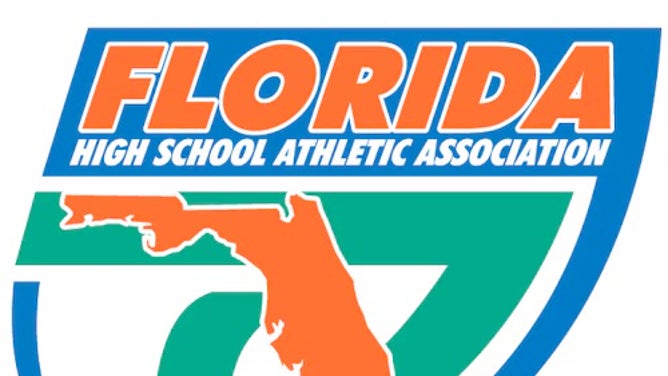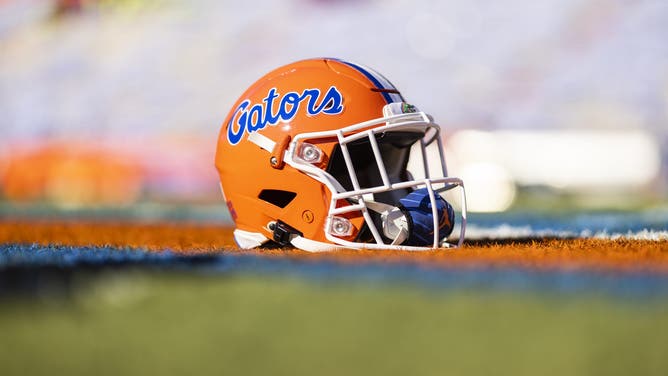Let The Bidding Wars Commence In Florida, As High School Athletes Can Now Profit Off Their NIL
The Florida high school athletic board has allowed high school athletes to profit off their name, image and likeness, thanks to a unanimous vote on Tuesday.
While the state is not the first to join in on the NIL party for high school athletes, it comes at a critical time for athletes looking to cash-in on their value, which was first reported by ON3. After 36 states have implemented laws surrounding high school players using their likeness to make money, Florida finally decided it was time to stop messing around, while losing players to other states.
A growing trend in high school athletics is players from certain states that don't allow NIL to transfer to another school in another state to start making money now, rather than waiting until college. This has turned high school recruiting into a frenzy for the states that do not allow its players to profit off their likeness.

State of Florida has passed a law allowing high school athletes to profit off their NIL
There are three other dominant states that are waiting to pass laws that would allow its high school athletes to make some type of money off their likeness. Those include Ohio, Texas and Alabama. All three of theas states are a hotbed for potential college talent, and recruiting has ramped up over the years. There are 13 states that do not allow NIL for high school athletes.
For instance, one high school in California or Georgia could promise a high-profile athlete to move to their state, so that they can go ahead and start the NIL process. This has led to prominent players moving across the country, just so that they can start making money now, rather than later. Even though Florida was at the forefront of passing NIL rules pertaining to college athletics, they were slow to jump into the high school NIL conversation.
Rules Put Into Place To Protect Florida Players From Agents
There are a few rules in-place to protect schools from losing players to other institutions in the State of Florida. High school booster clubs cannot form what might look like a college collective, meaning they cannot set up deals for players that would include donors to a program.
Also, if a player decides to transfer in-season, they cannot participate in NIL, unless the state grants them a waiver. Just as previous college rules stated, until they were changed, high school athletes cannot wear any type of gear that shows their school's logo or name in any type of commercial or other NIL deal.
There is also a rule against high school players hiring an agent. Now, these players can hire an agent to advise them on NIL deals, but they cannot get involved past that level. This is a way to prevent agents from signing players in high school, in hopes of keeping them under contract through college and possibly beyond.

GAINESVILLE, FLORIDA - OCTOBER 08: A detail of a Florida Gators helmet before the start of a game between the Florida Gators and the Missouri Tigers at Ben Hill Griffin Stadium on October 08, 2022 in Gainesville, Florida. (Photo by James Gilbert/Getty Images)
The biggest question concerning this law is how it will affect recruiting. Will one school offer a player some sort of NIL deal to transfer? Well, it's illegal, but that hasn't stopped players from transferring in the collegiate ranks, so it will be interesting to see how this is policed at the high school level.
Florida is one of the premier states for high school athletes, and the passing of this law will certainly make things interesting when it comes to collegiate recruiting. What will happen when Florida State or Miami somehow get involved with a high school prospect and put together some sort of backdoor deal that will then persuade that player to commit to either school?
Your guess is as good as mine, but there will be high school athletes making more money than their coaches when this goes into place for the 2024-2025 season.
Sounds like the college game.